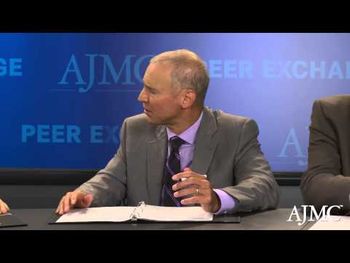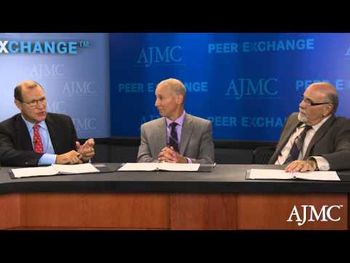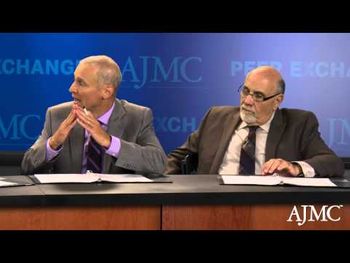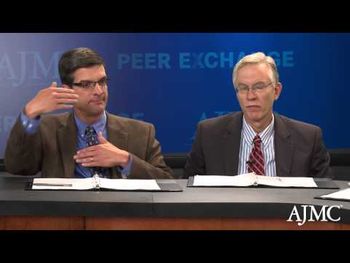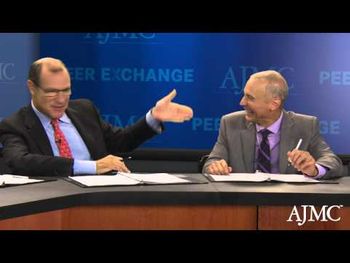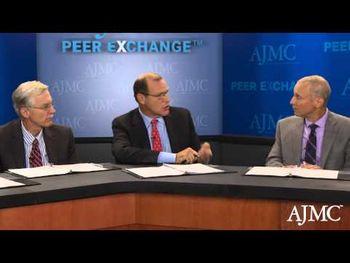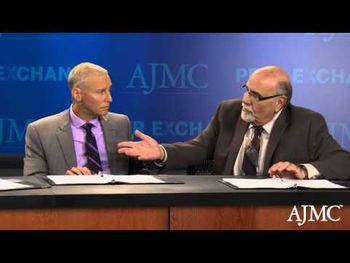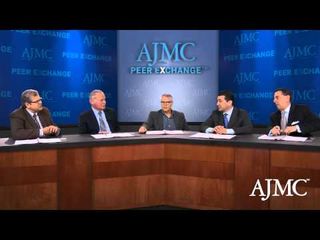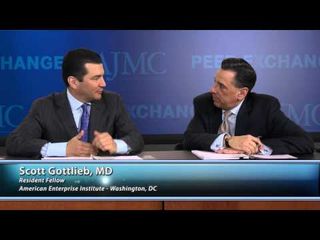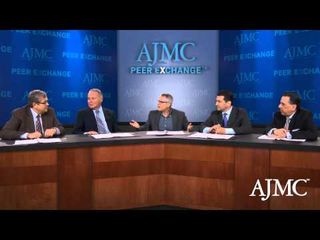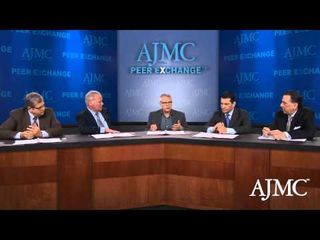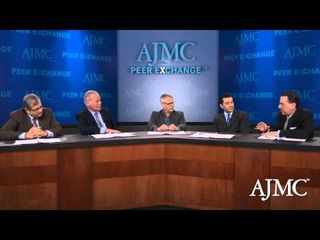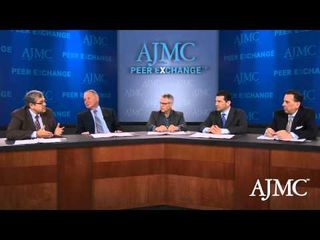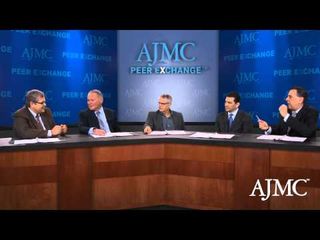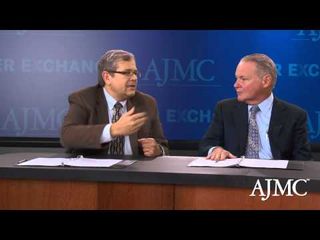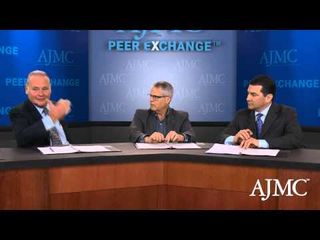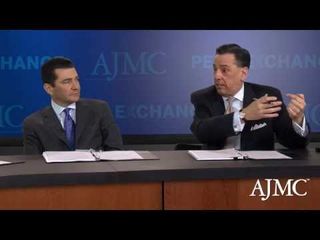
Value-Based Care
Latest News
Latest Videos

CME Content
More News

Optimal use of pharmaceuticals is often overlooked for accountable care organizations (ACOs), but ensuring proper medication use, efficacy, and safety is critical to an ACO's success.



Efforts to improve patient safety in hospitals are paying off: there were 1.3 million fewer adverse events harming patients in 2011, 2012, and 2013, according to a new report from HHS.

Among the dozen revisions to the Medicare Shared Savings Program being considered includes one that could bring some relief to accountable care organizations facing penalties for poor performance.

The ACO and Emerging Healthcare Delivery Coalition, an initiative of The American Journal of Managed Care, held its most recent WebEx session this week. Participants discussed new strategies and technologies that both employers and healthcare organizations can use to get patients to take ownership over their own care.

From Medicaid providers that are regulated as insurers alongside managed care organizations, as happens in Mississippi, to "enhanced medical homes," which are found in Colorado, the variety that exists in healthcare delivery across the states has adapted to reflect the shift to accountable care, according to an author writing for the American Journal of Public Health.

US Health and Human Services Secretary Sylvia M. Burwell announces new progams and financial incentives to help accountable care organizations (ACOs) and professional medical associations make the transition from fee-for-service to value-based healthcare delivery.

An article in the Journal of the American Medical Association outlines what both CMS and the Pioneer ACOs have learned in the early years of the program, such as the importance of engaging primary care physicians, not growing too quickly, and the need to find better ways to count which patients are in the ACO.

WhyNotTheBest.org maintained by The Commonwealth Fund is a free resource for healthcare professionals interested in tracking performance on various measures of healthcare quality.

As accountable care organizations, or ACOs, proliferate across the United States, a question arises for both veteran healthcare leaders and consumers: is the ACO something new, or just a relabeling of managed care vehicles created during the last wave of healthcare reform? A well-run ACO offers something better than the managed care of prior years, according to presenters at the gathering of the ACO and Emerging Healthcare Coalition, which took place October 16-17, 2014, in Miami, Florida.

Attendees at the ACO and Emerging Healthcare Delivery Coalition meeting held October 16-17, 2014, in Miami, Fla., gained insights to help physicians and accountable care organizations achieve the "Triple Aim" of better population health, greater patient satisfaction, and lower costs. This initiative of The American Journal of Managed Care has now attracted more than 120 members.

Accountable Care Organizations participating in the Medicare Shared Savings Program will have access to a new initiative that will support care coordination across the country, according to CMS. Up to $114 million in upfront investments will be made available.

Quality in Medicare Advantage plans is increasing, and CMS credits the improvement to its star rating system. A growing number of Medicare enrollees are in plans receiving at least 4 out of 5 stars, according to a new fact sheet.

The quality bonus payments tied to CMS' star ratings makes it critical that health plans receive a 4 or better, Jonathan Harding, MD, chief medical officer of the Senior Products Division at Tufts Health Plan, said at the America's Health Insurance Plan's National Conferences on Medicare and Medicaid, and Dual Eligibles Summit in Washington, DC, from September 28 to October 2.


How a health plan performs in the CMS star ratings to going to have a bigger impact on their finances in the coming years, Snezana Mahon, PharmD, senior director of Medicare solutions at Express Scripts, said.

Financial results from the first 2 years of the Pioneer ACO Model reveals the gains and losses of the 32 organizations that started the program, and illuminates why just 19 remain.
